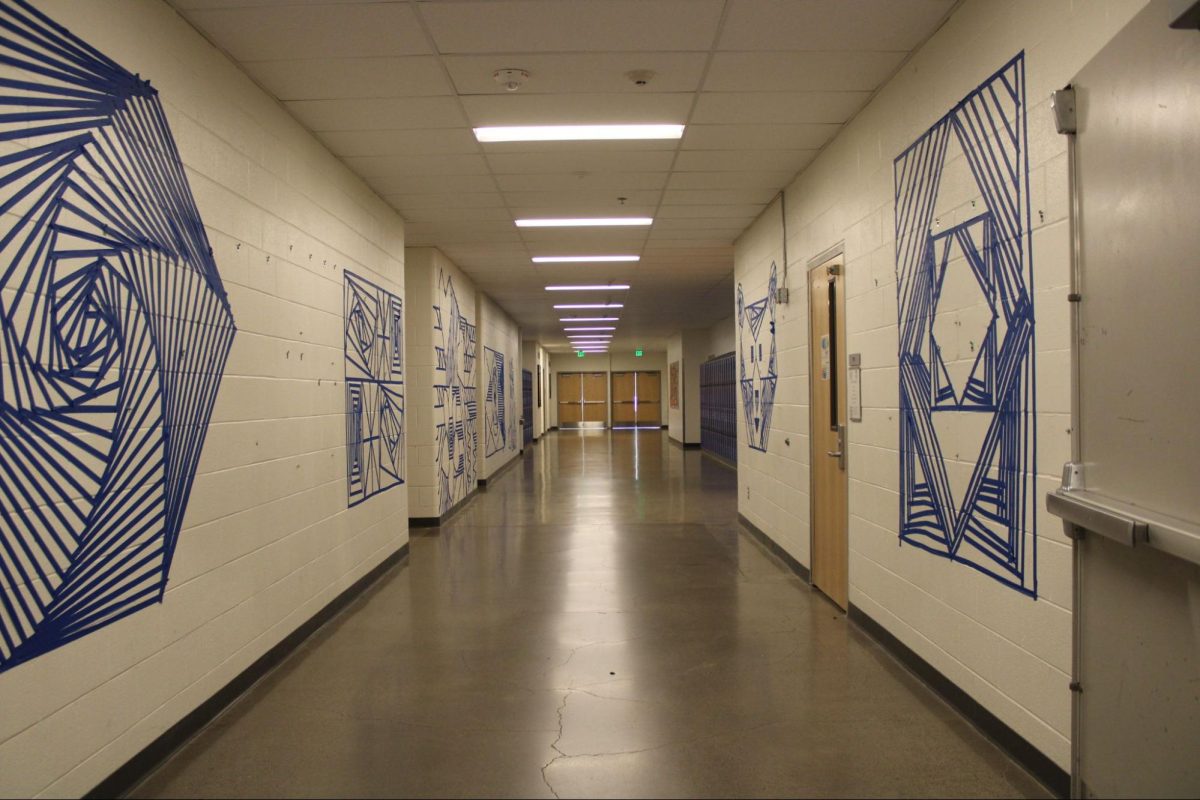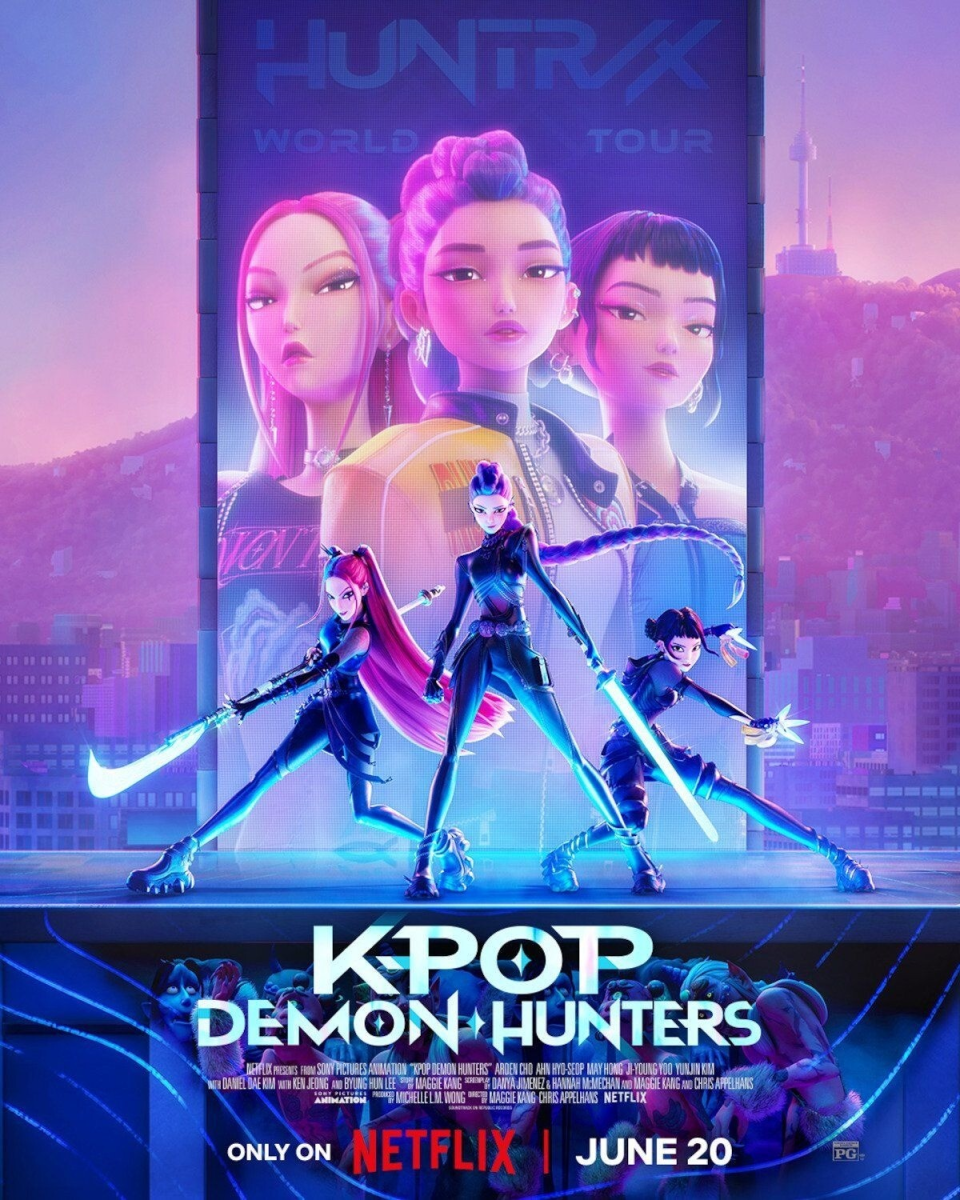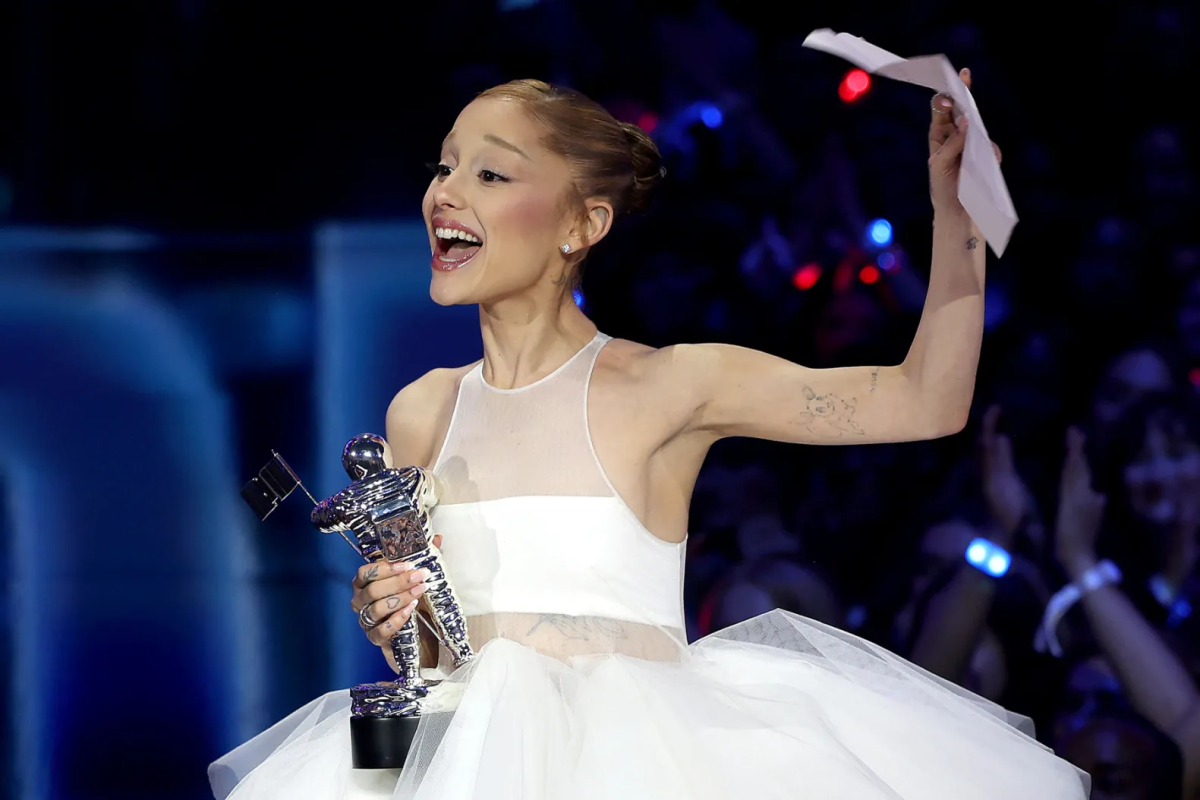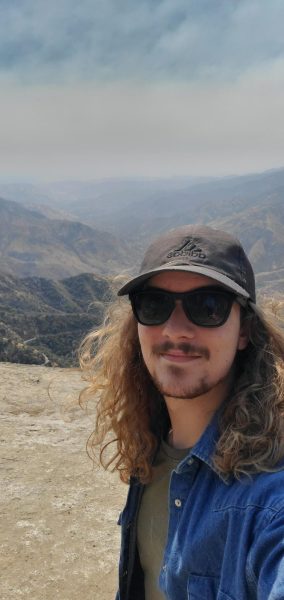Frank Herbert’s seminal sci-fi classic, Dune, released in 1965, was thought by many to be unfilmable. The novel is over 185,000 words and is chock full of lore and world-building so esoteric that the book features multiple appendices to explain it all. Avant-garde director Alejandro Jodorowsky tried to create a film adaptation in the 1970s, but it fell apart due to a rapidly ballooning budget. David Lynch threw his hat in the ring in 1984, his film made it to theaters but failed both critically and commercially, and is today remembered as the black sheep of Lynch’s filmography. With Dune: Part One (2021) Denis Villeneuve, director of Arrival (2016), and Blade Runner 2049 (2019), did what many had thought impossible. Adapting roughly the first third of the book, Dune: Part One, established the world and characters, and cemented Villeneuve’s bold artistic vision for the project. With Dune: Part Two Villeneuve builds on the foundation laid in the first, and brings the story to its epic conclusion.
Picking up immediately after part one, Dune: Part Two follows Paul Atreides (Timothée Chalamet) and his mother Jessica (Rebecca Ferguson) as they join the Fremen, the native people of the desert planet Arrakis, on a mission to overthrow their brutal Harkkonen overlords and get revenge on the emperor (Christopher Walken) for the death of Paul’s father Leto (Oscar Isaac). Over the course of nearly three hours, a story of liberation, political machinations, and destiny unfolds, with Paul right at the center of it.
Dune is a lengthy book, and Villeneuve had to carefully choose what to adapt, what to cut, as well as what to change. What changes that were made from the source material were either made out of necessity when bringing the story into a different medium, or changes made out of a genuine desire to improve or iterate upon the original.
One undeniable aspect of the original novel, that has left something of a stain on its legacy, is the clear influence of the “white savior” trope. True to its name, this unfortunately common feature in fantasy and sci-fi stories sees a white character saving a group of people of color from some danger which they are incapable of saving themselves from. Dune has a complicated relationship with this trope; on the one hand, the book can be read as a textbook example of a white savior story. The Fremen are explicitly coded as people of Middle Eastern or North African (MENA) descent. The Fremen’s language is Chakobsa, a real language spoken in the Caucasus. When the Fremen refer to Paul, they call him ‘mahdi’ which is the Arabic word for a figure in some variations of Islamic eschatology who heralds the end of the world and who will become the leader of the muslim world. And Paul himself has the ability to see the future because his genetics have been meticulously planned by a centuries long eugenics program orchestrated by a shadowy group called the Bene Gesserit. When viewed in this light, it seems impossible to see Dune in any other way. Paul, the protagonist of the story, plays the role of a genetically pure colonizer, manipulating oppressed and marginalized people into fighting a war for him by playing on their beliefs.
On the other hand, Dune can be seen as a subversion of the white savior trope. Paul is not necessarily the hero of the story, he’s fighting to free the Fremen from the Harkkonen’s control, but he also manipulates them into fighting for him by playing on their belief in a prophecy that he knows his false, and his prescience allows him to see that if he continues down this path he could eventually lead the galaxy into a devastating genocidal war fought in his name that will leave billions dead. When taken from this perspective, Dune can be seen as a searing indictment of the white savior, and a further criticism of charismatic leaders, which given the time period when the book was written, a mere two decades after the end of the Second World War, makes a lot of sense. And Denis Villeneuve, it seems, favors the latter take.
While the novel leaves many of the uncomfortable aspects of Paul’s story as subtext, Villeneuve makes the quiet part loud and brings these elements to the forefront of the story. For most of Dune: Part Two, Paul is fighting against his destiny, he rejects the path set out for him by the Bene Gesserit and his family. He can see the future and knows the destruction that he will bring to the galaxy if he embraces his power. Ultimately Villeneuve decides to tell Paul’s story more explicitly as a tragedy, and in the process makes Paul both sympathetic and terrifying.
Paul being an offworlder playing at the ways of the Fremen is directly addressed in the movie, most notably by the character Chani (Zendaya), Paul’s love interest. Chani’s character in Dune: Part Two has been altered significantly from the novel. She takes a much more active role in the story and is overall more dynamic. Chani does not believe that Paul is the Lisan Al Gaib, she rejects the prophecy as a tool created by her oppressors to keep her people in line. And as the future becomes clearer in Paul’s mind and his destiny creeps closer and closer, Paul and Chani’s relationship is pushed to the brink, making for a much more interesting dynamic between the characters.
With Dune: Part Two Villeneuve has done the impossible, not only has he adapted the unadaptable, but he has done it with a style that is uniquely his own. From the oppressive ultra-brutalist architecture of the imperium, to the ancient and mysterious Fremen sietches, to the colossal and terrifying sandworms, all of which is rendered with the best visual effects work in the industry, and shot with masterful cinematography, Dune: Part Two looks like nothing else.
The same can be said for the sound design which goes a long way to create the world of the film. Whether it be the rumble of a starship’s engines, or the ghostly sound of Paul’s ancestors whispering prophecies in his ear when he’s exposed to spice, it all helps build atmosphere and immerse the audience into the story.
The same degree of excellence can be found in nearly every aspect of the movie, featuring incredible performances from some of the biggest names in Hollywood, an incredible score from Hans Zimmer, and a story that goes above and beyond the source material. Dune: Part Two is truly an achievement.








